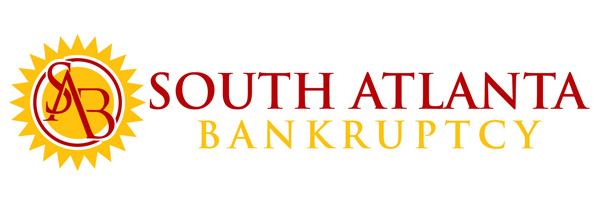Broadly, the bankruptcy “Trustee” refers to the Office of the United States Trustee, which is part of the United States Department of Justice. Unlike the judge, the Trustee comes from the executive branch of the government. The bankruptcy judge is part of the judicial branch.
The Trustee’s purpose is to promote integrity and efficiency in bankruptcy cases for the benefit of both debtors and creditors. The Trustee’s office oversees the administration of cases, and is a “watchdog” to prevent fraud and abuse.
As a practical matter, the “Trustee” in a particular case is a lawyer who “administers” the bankruptcy estate. In a Chapter 13 reorganization, the Trustee conducts the first court hearing (the “Meeting of Creditors”), and makes recommendations to the bankruptcy judge with regard to the approval (“confirmation”) or rejection (“dismissal”) of Chapter 13 plans. After the plan is accepted, the Trustee monitors the debtor’s performance under the approved plan.
The Chapter 13 Trustee also takes in “plan payments” from debtors each month, and then pays those monies out to creditors. In the Northern District of Georgia, the Chapter 13 Trustee has an office in Atlanta with several lawyers and support staff. The Chapter 13 Trustee takes in millions and millions of dollars from debtors, and then disburses those monies to creditors once each month in a “disbursement cycle”.
In Chapter 7, the “Trustee” plays a different role. In Chapter 7, a local “case Trustee” is assigned to conduct the first court hearing (“Meeting of Creditors”) and to “administer” the estate. A Chapter 7 case is a “liquidation” case. The general purpose of the Trustee is to liquidate (sell) “assets of the estate”. These consist of the “equity” in the debtor’s property as of the date of filing. “Equity” is value of property in excess of any liens on it. A Debtor can protect (“exempt”) his “equity” in different kinds of property within dollar limits that are set out under Georgia statute.
The Chapter 7 estate does not include wages after the case is filed, though it may include assets inherited within six months of filing, or monies recovered from law suits. A good lawyer will try to keep you from losing the property you want to keep… but will not be a party to hiding property (which can get everyone in trouble).
As a practical matter, the vast majority of Chapter 7 cases are “no asset” cases. This means that there are no assets for the Trustee to sell, and usually the debts that are owed to a debtor’s creditors are “discharged” without any payment whatsoever. The reason is that “exemptions” permitted to debtors are fairly generous, so that people who don’t own very much property free of liens are usually permitted to keep that property. (If property has a lien on it, it belongs to the creditor to the extent of the lien, and the Trustee has no interest apart from the “equity” in it.)
As explained elsewhere, “exemptions” are allowances permitted under the law in different dollar amounts in different categories of property. One of the jobs of the debtor’s lawyer is to evaluate the property that you own and determine what you can protect (“exempt”). If you are at risk of losing something that you don’t want to lose, sometimes Chapter 13 is the superior choice, or sometimes you may have non-bankruptcy options. The key to making safe decisions is to clearly disclose what property you own to your lawyer in the early stages of consultation.
Please call us at 678-519-4143 to discuss your particular situation with our lawyers.
